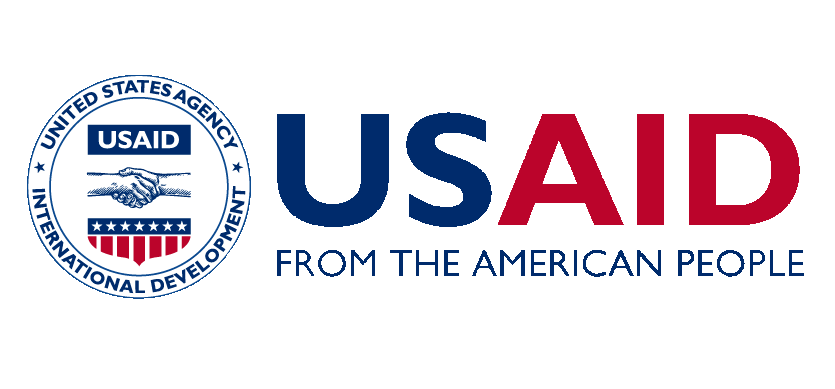Promoting Resilience Through Family Planning in Kenya
Developed in partnership with the National Council for Population and Development (NCPD) and with generous support from USAID Kenya and East Africa through the Policy, Advocacy, and Communication Enhanced for Population and Reproductive Health (PACE) Project, PRB has created a short video that outlines the connections between family planning and resilience in Kenya.


